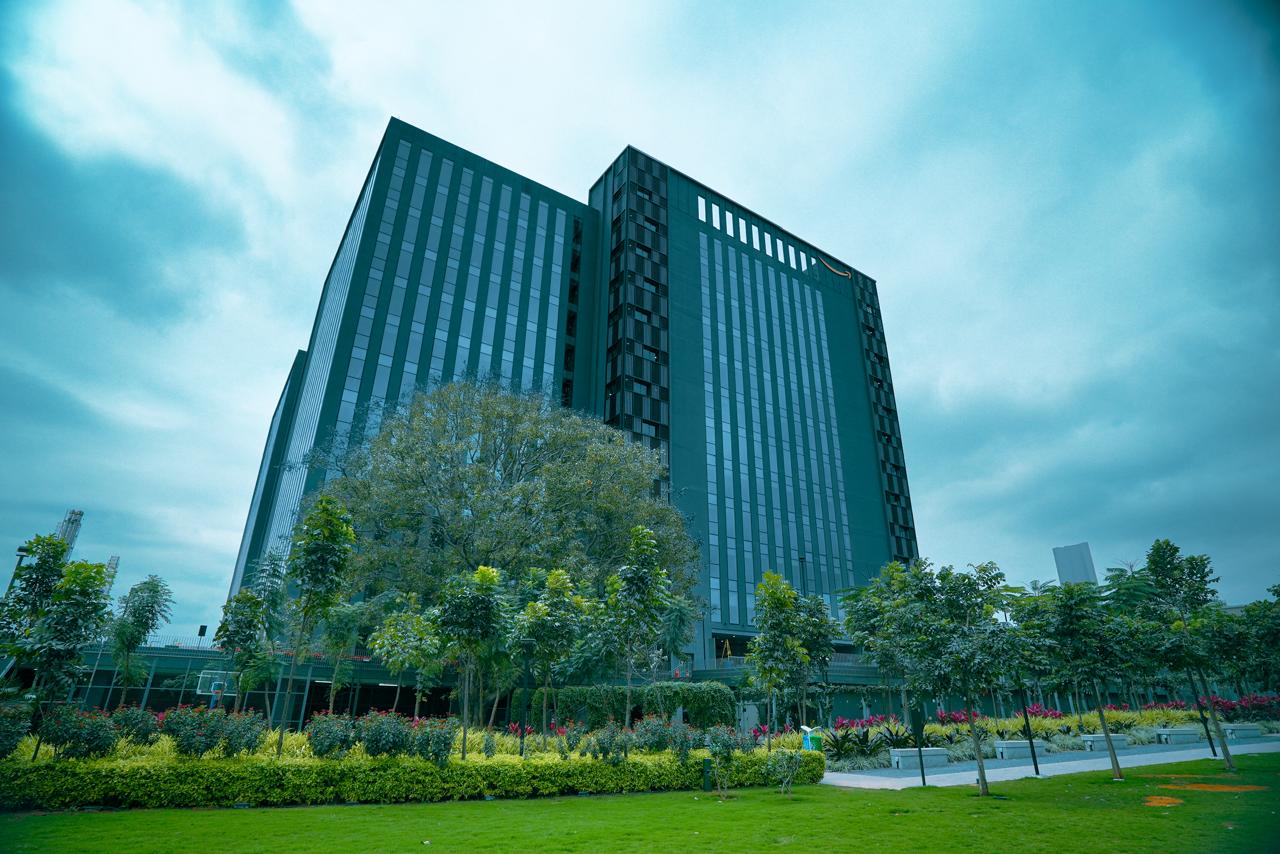Sophia Velastegui, a prominent figure in the AI field and a member of the National Science Foundation’s national AI advisory committee, recently voiced her concerns about the rapid advancement of artificial intelligence. In an interview with TechCrunch for their “Women in AI” series, Velastegui, who also served as the former chief AI officer at Microsoft’s business software division, cautioned against the potential consequences of unchecked AI development. Her warning comes at a time when AI is making unprecedented strides, raising questions about its ethical implications and societal impact.
Velastegui’s concerns touch upon a crucial debate in the AI community: are we moving too fast? While AI promises to revolutionize various sectors, from healthcare to transportation, its rapid progress has left many grappling with potential risks. These risks include job displacement, algorithmic bias, and the potential misuse of AI for malicious purposes. Velastegui’s voice adds to the growing chorus of experts urging for responsible AI development and implementation.
Key takeaways from Velastegui’s interview:
- The need for ethical frameworks: Velastegui emphasizes the importance of establishing robust ethical guidelines for AI development. She believes that these frameworks should address issues like bias in algorithms, data privacy, and the potential for AI to be used in harmful ways.
- Diversity and inclusion in AI: As a woman in a male-dominated field, Velastegui advocates for greater diversity and inclusion in AI. She believes that a more diverse workforce will lead to the development of AI systems that are more equitable and representative of society as a whole.
- The role of government and regulation: Velastegui acknowledges the need for government oversight in the AI landscape. She believes that regulations are necessary to ensure that AI is developed and used responsibly, while also fostering innovation.
My perspective:
Having closely followed the evolution of AI for several years, I share some of Velastegui’s concerns. The speed at which AI is progressing is indeed staggering. While the potential benefits are enormous, we cannot afford to ignore the potential pitfalls. We need to be proactive in addressing the ethical challenges posed by AI, and ensure that its development is guided by principles of fairness, transparency, and accountability.
Delving deeper into the concerns:
- Job displacement: AI-powered automation has the potential to displace workers in various sectors. It’s crucial to develop strategies for reskilling and upskilling the workforce to adapt to the changing job market.
- Algorithmic bias: AI systems are trained on data, and if that data reflects existing biases, the AI system will perpetuate those biases. This can lead to unfair or discriminatory outcomes. We need to develop methods to mitigate bias in AI algorithms.
- Misuse of AI: AI can be used for a variety of purposes, and it’s important to have safeguards in place to prevent its misuse. This includes developing regulations and international agreements to prevent the use of AI in harmful ways.
The path forward:
Velastegui’s concerns highlight the need for a balanced approach to AI development. We need to embrace the potential of AI while also being mindful of its risks. This requires a collaborative effort from researchers, policymakers, industry leaders, and the public. By engaging in open dialogue and taking proactive steps, we can ensure that AI benefits humanity as a whole.






























